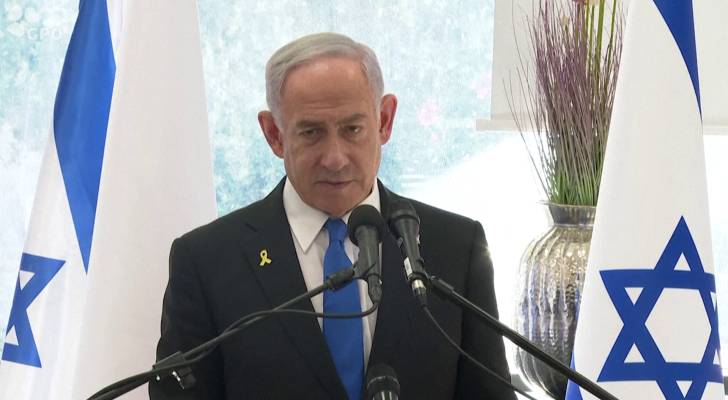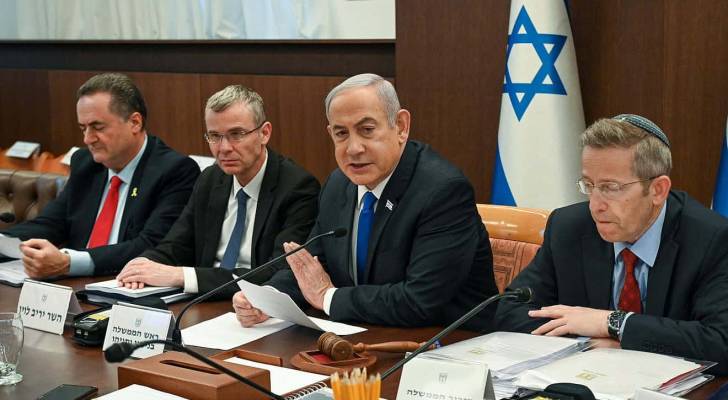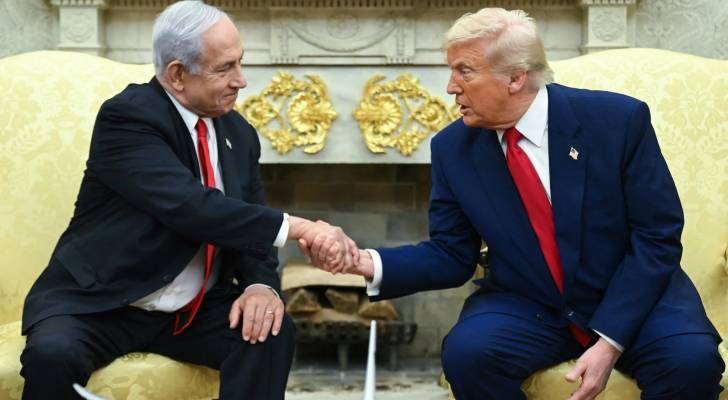Israel's shift toward dismantling Iranian regime from within - By Amer Al Sabaileh, The Jordan Times
Israel’s targeting of Iran did not come as a surprise in terms of timing or intention. However, the nature of the latest operation points to a significant turning point, one that transcends a limited military response and instead signals a long-term strategic goal: the dismantling of the Iranian regime. This latest move appears to be the result of years of complex, layered intelligence work, representing a more advanced iteration of the “surprise element” Israel previously deployed in Lebanon, most notably in the famed Bayjar explosion targeting Hezbollah.
What’s different now is the precision and scope of Israel’s operations. We are witnessing a level of targeted assassination and infiltration that raises serious questions inside Iran about the depth of the Israeli breach and the possible complicity of domestic elements. The spotlight is once again on Tehran’s vulnerabilities, and the conversation among Iranians is now focused on how deeply their security infrastructure has been compromised—and by whom.
This trajectory arguably began with the suspicious death of Iran’s former President Ebrahim Raisi, which marked the onset of internal instability and was followed closely by a rapid decline in Iran’s regional influence, from Lebanon to Syria. What Israel is doing today must be seen not as an isolated act, but as the cumulative outcome of a long, carefully executed strategy: first neutralizing Iran’s proxies in Gaza, the West Bank, and Lebanon, then striking at the logistical lungs of the Islamic Revolutionary Guard Corps (IRGC) in Syria, which had served as the operational core of Iran’s concept of “unified fronts” capable of transferring the conflict into Israel’s interior.
Equally significant is the recent decision to shift toward direct strikes inside Iran. This bold move reflects Israel’s assessment that Iran’s ability to export its crises across nearby borders has now eroded. The shift also coincides with the United States gradually withdrawing from certain fronts, particularly Yemen—a move that some might interpret as a green light for Israel to take over operations in these areas, eventually leading to deeper engagement inside Iranian territory.
Therefore, Israel’s current operations cannot be seen merely as tactical military responses. They should be interpreted as part of a broader phase aimed at the systematic dismantling of the Revolutionary Guard within Iran, following years of regional attrition. Yet the precision and pace of Israel’s actions raise new questions: what will the next Israeli surprise be, and how sustainable is the Iranian regime in its current form?
At this stage, Iran’s options appear extremely limited. With its regional proxies weakened and its internal security compromised, Tehran now faces what could be seen as an implicit invitation to its own people to rise against the regime. The threat has been internalized. President Ebrahim Raisi’s successor, likely sensing the fragility of the current moment, has already called upon Iranians to rally around the regime, a move that clearly seeks to leverage the narrative of “foreign aggression” to maintain internal order. Yet the power of that narrative seems to be diminishing rapidly.
From an intelligence standpoint, Israel has outperformed not only Iran but also its own allies and adversaries. Its superiority in the field of covert operations is being leveraged at a particularly opportune moment: with nuclear negotiations stalled, the International Atomic Energy Agency sounding alarms over enrichment levels, and former U.S. President Donald Trump openly praising Israel’s strategic edge and warning Iran that its last chance to negotiate may be slipping away, hinting that what comes next may be “unconventional.”
In this context, Israel’s latest campaign could be seen as a ribbon-cutting ceremony for a process aimed at either toppling the Iranian regime altogether or transforming it beyond recognition. Iran’s ability to respond meaningfully is now in doubt, especially with its military capabilities and regional partnerships under heavy strain. A full-scale war no longer seems viable, nor does the once-predictable Iranian tactic of transferring crises across borders.
The new equation is stark: either Iran launches a direct, impactful strike on Israel, or it continues to absorb targeted Israeli blows that may ultimately neutralize the regime from within, just as it has been slowly dismantled regionally over the past few years.
Latest News
-
 Putin wants Ukraine's “capitulation”: German FM in Kyiv
Putin wants Ukraine's “capitulation”: German FM in Kyiv
-
 In lieu of defeating Hamas, Netanyahu elevates release of Gaza captives to top priority
In lieu of defeating Hamas, Netanyahu elevates release of Gaza captives to top priority
-
 'Israeli' cabinet to discuss partial deal, temporary ceasefire: Hebrew media
'Israeli' cabinet to discuss partial deal, temporary ceasefire: Hebrew media
-
 US envoy urges Syria, Lebanon to pursue peace with 'Israel'
US envoy urges Syria, Lebanon to pursue peace with 'Israel'
-
 “We will make the Middle East Great Again,” says Netanyahu thanking Trump
“We will make the Middle East Great Again,” says Netanyahu thanking Trump